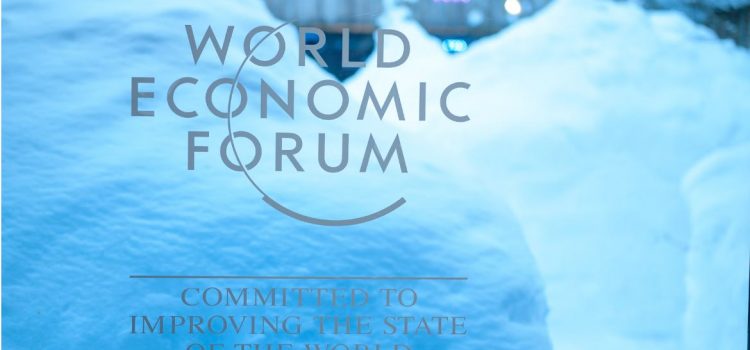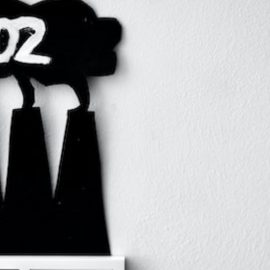
This is a free excerpt from one of Shortform’s Articles. We give you all the important information you need to know about current events and more.
Don't miss out on the whole story. Sign up for a free trial here .
What was discussed at the World Economic Forum 2024? What are the biggest critiques around the gathering of elites?
In January, global leaders in the public and private sectors converged at the World Economic Forum in Davos Switzerland to talk about issues like the economy, geopolitical conflicts, and the environment. While it’s brought about some meaningful change, its participants are often skittish around sensitive topics.
Here’s a background on what Davos is and this year’s key takeaways.
Davos 2024
The World Economic Forum 2024 (WEF) in Davos, Switzerland is an annual gathering of the world’s heads of state, industry titans, and thought leaders. It comprises talks and discussion panels on topics such as the economy, geopolitics, and the environment.
At this forum (also known as Davos), you might bump into French President Emmanuel Macron, environmental activist Greta Thunberg, or actor George Clooney. That is, if you’re one of the few who can snag a spot: The forum welcomes only 2,000-3,000 participants each year.
What Is Davos?
The WEF is a not-for-profit organization that traces its origins back to 1971, when economist Klaus Schwab initiated a gathering to “improve the state of the world.” Schwab envisioned global powerhouses from both public and private sectors collaboratively seeking solutions to pressing global issues. While the organization is headquartered in Geneva, the annual gathering gets its nickname, Davos, from its venue: a ski resort near Zurich.
Though Davos has been accused of being merely a gabfest for the world’s wealthiest 1%—the very people, some argue, who’ve caused some of the world’s problems—it has also steered meaningful change.
This year’s forum, held on January 15-19, centered on the theme “Rebuilding Trust.” It aimed to address the challenges that come with such issues as artificial intelligence (AI) and the current geopolitical crises.
What Happened at Davos 2024?
Here are some of the key takeaways from this year’s conference:
The Israel-Gaza conflict: Israel President Isaac Herzog attended Davos with family members of Israeli hostages and asked for support in freeing the people taken hostage by Hamas. The conflict was a major discussion point at Davos, but leaders couldn’t find a viable way forward.
The war in Ukraine: Ukraine’s President Volodymyr Zelenskyy asked for financial support for his country’s reconstruction. Britain urged others to follow in its footsteps, having contributed $3.2 billion to the war-ravaged country.
The economy: There was a sense of cautious optimism regarding the global economic outlook as interest rates and inflation appear to have topped out, though experts are still wary about the effects of factors like geopolitical shifts and looming elections in various countries like the US.
AI: AI was the darling of last year’s conference, but this year attendees were more anxious about its downsides: its potential to spread misinformation, increase the wealth gap, and phase out jobs.
Climate change: Often a central topic at Davos in previous years, climate change took a backseat to other crises—a sign that leaders still lack a sense of urgency when it comes to addressing it.
Looking Ahead
Davos is meant to bring together a diverse set of global leaders in the public and private sectors, foster collaboration, and shape the global agenda. However, as the takeaways reflect, airing perspectives doesn’t lead to much action.
Experts say that to remain relevant, Davos must:
Diversify the voices: The stereotypical attendee is the “Davos Man,” a term used to describe the representatives of the global elite. Critics say Davos could be more in touch with global perspectives with the participation of stakeholders from developing countries and underrepresented communities.
Walk the talk: A lot of good ideas emerge at Davos—it’s just a matter of implementing them.
Start closer to home: Davos attendees have been criticized for being hypocrites, flying into a Swiss resort town on their private jets to talk about climate change.

Want to fast-track your learning? With Shortform, you’ll gain insights you won't find anywhere else .
Here's what you’ll get when you sign up for Shortform :
- Complicated ideas explained in simple and concise ways
- Smart analysis that connects what you’re reading to other key concepts
- Writing with zero fluff because we know how important your time is






